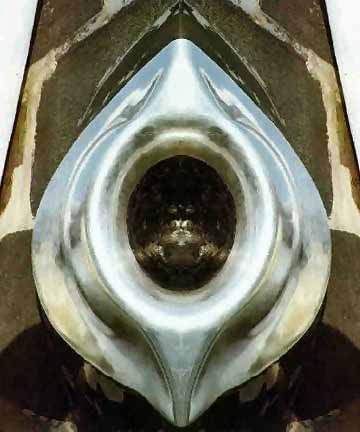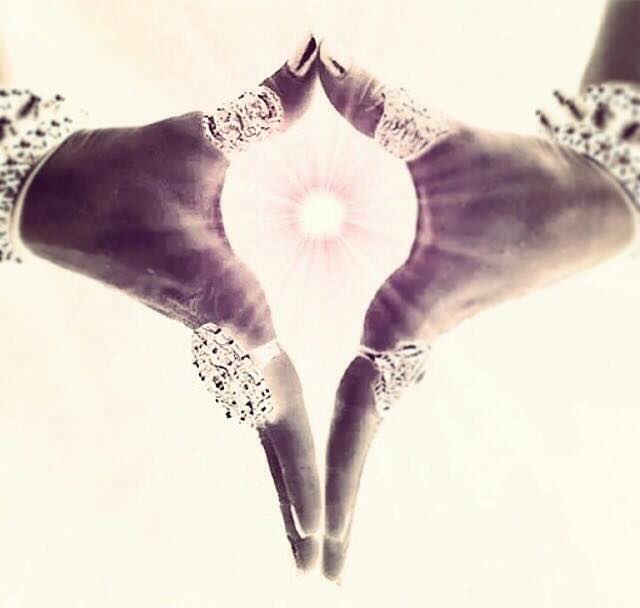From empathy to Apathy
A guide to "no fucks given"
please enjoy our audio-blog introducing the course
empathy (n.) 1908, modeled on German Einfühlung (from ein "in" + Fühlung "feeling"), which was coined 1858 by German philosopher Rudolf Lotze (1817-1881) as a translation of Greek empatheia "passion, state of emotion," from assimilated form of en "in" (see en- (2)) + pathos "feeling" (see pathos). A term from a theory of art appreciation that maintains appreciation depends on the viewer's ability to project his personality into the viewed object
apathy (n.) c. 1600, "freedom from suffering," from French apathie (16c.), from Latin apathia, from Greek apatheia"freedom from suffering, impassability, want of sensation," from apathes "without feeling, without suffering or having suffered," from a- "without" (see a- (3)) + pathos "emotion, feeling, suffering" (see pathos). Originally a positive quality; sense of "indolence of mind, indifference to what should excite" is from c. 1733.
apathy (n.) c. 1600, "freedom from suffering," from French apathie (16c.), from Latin apathia, from Greek apatheia"freedom from suffering, impassability, want of sensation," from apathes "without feeling, without suffering or having suffered," from a- "without" (see a- (3)) + pathos "emotion, feeling, suffering" (see pathos). Originally a positive quality; sense of "indolence of mind, indifference to what should excite" is from c. 1733.
"All truth passes through three stages.
First, it is ridiculed.
Second, it is violently opposed.
Third, it is accepted as being self-evident.” Arthur Schopenhaue
Sign up Below
|
Healing & freedom of apathy
$65 |
The Wisdom of Empathy
$65 |


